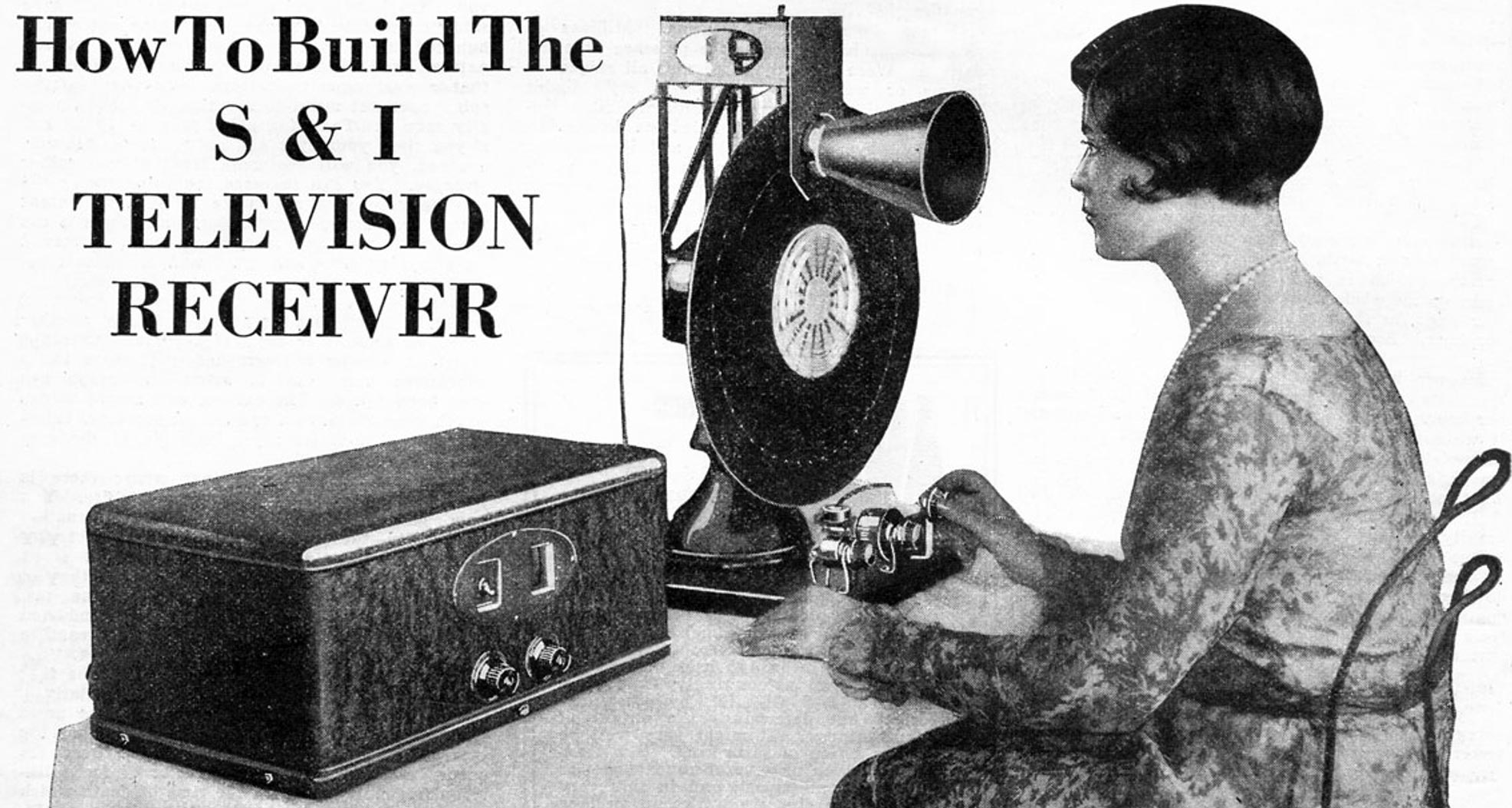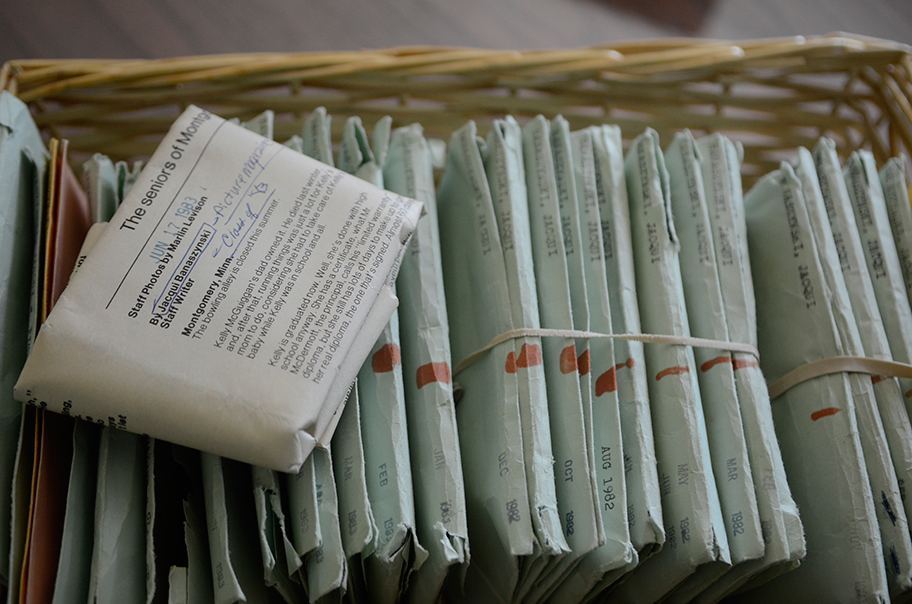
Best practices
Breaking News 4: When real news is fake
For this article I’m defining fake news as “news stories that have no factual basis but are presented as facts” (taken from “Social Media and Fake News in the 2016 Election”), whether a site’s goal is to make money or make partisan political points. Here are several ways real and fake news are the same. … Continued
Breaking News 3: New media myths
Breaking News is about the self-inflicted fractures breaking the news business. Previous posts were on malvertising and the ad-tech tax.
Saving journalism—and story clips—from the trash heap of time
Altogether there are just 32 small envelopes, faded to an institutional green, with shredded corners and split seams. An unimpressive collection and, as their savior so plainly put it, not enough to fill a shoebox. Yet they hold almost three years of my life’s work. Work headed for a dumpster if not for the thoughtfulness … Continued
We asked journalists: How do you fit in time to learn about industry information?
In the midst of so much to do, how and when do journalists take the time to learn more about our industry? And what formats or platforms make learning easy? I’ve been asking those questions as I wrap up a really cool project and want to share what I’ve learned in ways that are useful … Continued
Learning to JAM in 5 steps: New initiative reminds journalism students to archive their digital work
In the early days of computing, we used a phrase, “save early, save often.” Today’s digital content creators have more opportunities and more ways to save, but often forget this critical step.
To keep content from being lost forever, our students and faculty need to learn best practices.
I’m proud that our librarians, Ed McCain and Dorothy Carner, are launching an easy set of steps for digital storage. JAM — Journalism Archives Management — will set students and faculty on a path to preserving content long after it has been created.
— Linda Kraxberger, Associate Dean for Undergraduate Studies, Missouri School of Journalism
How do we engage news consumers in the digital world?
If you operate a nonprofit newsroom, email appeals have likely become an essential fundraising tool. Yet while recommendations for how to grow your mailing lists are readily available, it’s much harder to find good information about retaining subscribers and engaging them as active community members. As a result, many successful efforts to gain subscribers are … Continued
FL#142: Enlisting product managers and automating more complex stories
This week we explore the role of product managers within news organizations, and we find out how more complex stories might be written by computers. PART 1: Product managers for news Borrowing from the tech and business worlds, several large news organizations have integrated the role of product manager into their workflows. The result can … Continued
FL141: Faster fact-checking and nonprofit partnerships
This week we find out how automation might speed up political fact-checking, and we learn what goes into successful partnerships that involve nonprofit news organizations. PART 1: Faster fact-checking It takes time to investigate whether claims made by politicians are true, but technology might help speed up that process. We get some ideas from PolitiFact … Continued
Could digital stories, written by journalists, be good medicine for the health care industry?
How can health care and journalism organizations work together to create digital stories that improve both the health care system and an individual’s health? As I seek answers during my RJI Fellowship at the Donald W. Reynolds Journalism Institute, I’ll rely on two life experiences: I’m an ex-health care administrator who later got a Ph.D. … Continued
McCainspeakwrite plusgood, or How I came up with the name ‘Dodging the Memory Hole’
We started digging our current Memory Hole a few decades ago: Technological systems that support the creation and presentation of modern journalism, those digital troves holding “the first rough draft of history,” morphed so quickly and frequently over the years that we no longer know where the treasure is buried. Like drunken buccaneers, journalistic enterprises … Continued








